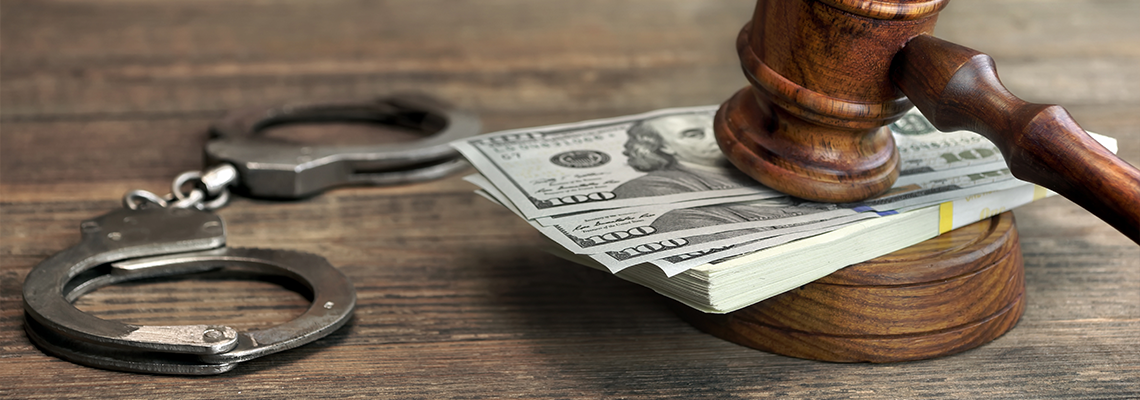
How Bail Works in California
The concept of bail in California has been contentious for quite some time because of how it disproportionately affects lower-income individuals. In fact, a state Supreme Court ruling in March of 2021 declared that imposing bail on those who couldn’t afford it was unconstitutional. However, a recent study put out by the UCLA School of Law found no evidence that defendants are seeing decreased bail in the 18 months since the ruling. This means that California bail requirements have remained largely unchanged, making it all the more important you understand how bail works when you’re facing criminal charges. If you’d like to speak with a criminal defense attorney and are in the Cypress Hill, Lakewood, or Long Beach, California area, contact us today at the McCready Law Group.
What Is Bail?
Bail is an integral part of the criminal justice system, and whenever you’re facing charges you need to know how to answer the question, “How does bail work?” After you’ve been arrested you’ll be held in custody while you’re processed and your court dates are set, which can often be weeks or months out. In the intervening period, you are sometimes given the option to post bail, which can take the form of property, a bond, or cash you pay as a deposit to the court to ensure you’ll show up for your trial date. If you fail to show up, the court gets to keep your money, but if you do come, your bail will be returned to you.
Who Qualifies for Bail in California?
Not everyone arrested for a crime will require bail, and it’s usually reserved for more serious offenses. However, some people accused of capital crimes, violent crimes, or sexual assault will not be offered the option of bail. The judge also has the option to release you on your own recognizance, which essentially means you promise to return for all future court dates and there is no requirement for posting bail.
How Is the Amount of Bail Determined?
Bail is ultimately decided by the judge, who will follow the California Bail Schedule. Bail cannot be used as a punishment for the defendant and state law prohibits “excessive” bail. In general, you’ll receive a higher bail if you committed a serious crime, if you have a criminal record, or if the judge believes there’s a high probability you won’t show up for your court date. They may also consider your overall wealth or if you committed multiple crimes at the same time.
What Are Bail Bonds?
In some cases, you may wish to work with a bail bondsman (also called a bail agent) who will set your bail for you in return for a fee. In California, this is limited to 10% of your total bail amount, so if the judge orders a $5,000 bail, the bondsman can only charge you an additional $500.
The Bail Process in California
After you’ve been booked and processed after being arrested, your bail will be set. You can either agree to pay this immediately, or you may request that a friend or family member work with a bondsman to post your bail. Once the applicable paperwork has been filed and the bail has been paid, you will be released from custody. If you then show up to all your court dates, your bail will be exonerated (returned) to you or paid to the bondsman per your contract. Note that bail is not connected to the verdict of your trial.
McCready Law Group: Trusted Guidance
If you have more questions about the bail system in California, contact us at the McCready Law Group to schedule a consultation. Our team of criminal defense attorneys is prepared to assist you in Long Beach, Cypress Hill, or Lakewood.
